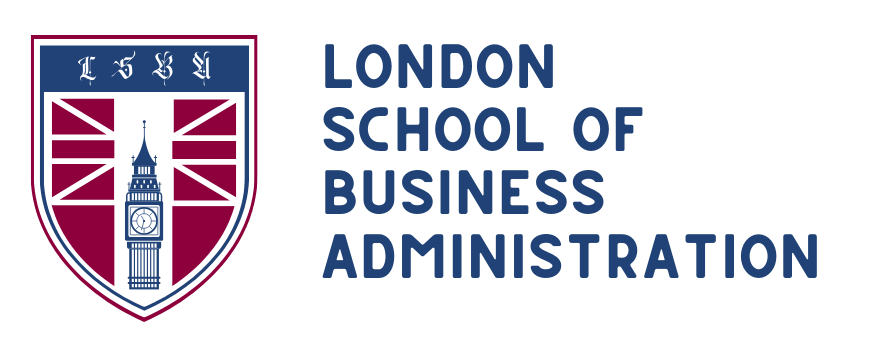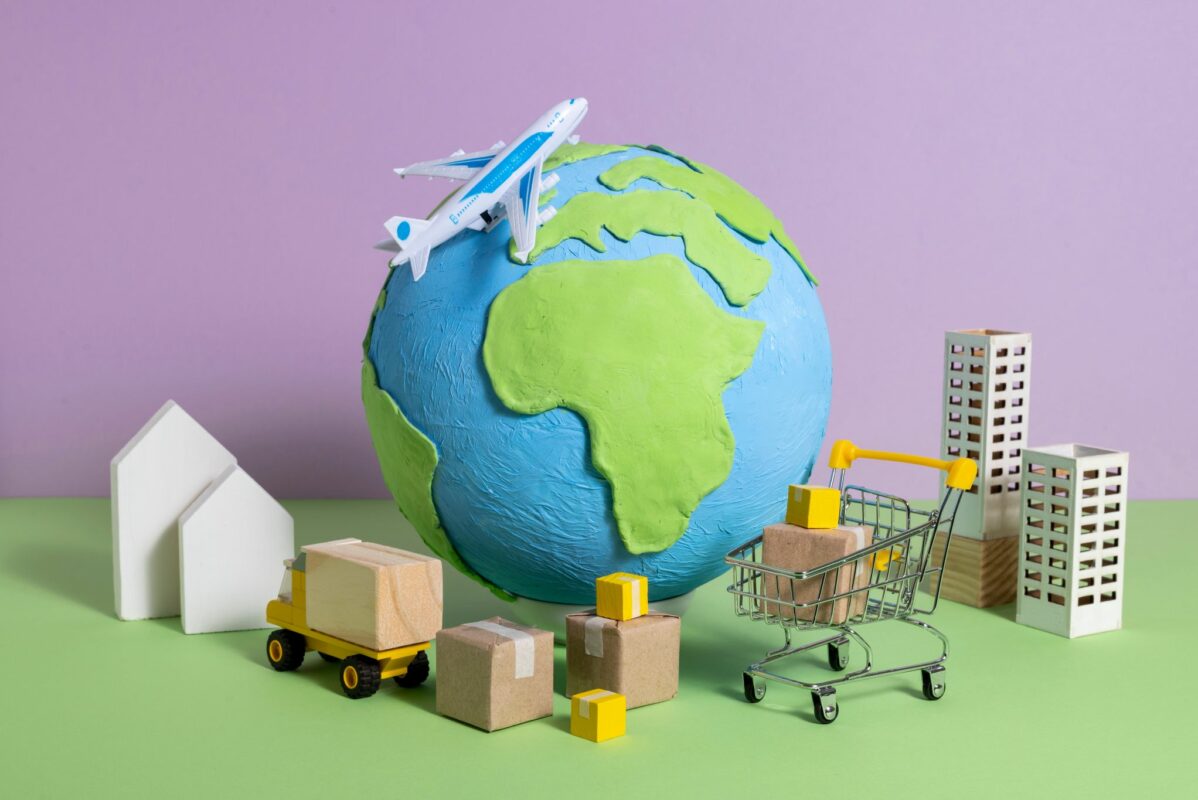Blog
The Global Economy: Understanding International Trade in the 21st Century
In the interconnected world of the 21st century, international trade is a complex and driving force behind the global economy. As the London School of Business Administration, we are keenly aware of the evolving landscape of global commerce and its implications for businesses, economies, and managers. In this blog post, we will explore the intricacies of international trade and what it means for the future of business.
The New Face of Global Trade
International trade has been the engine of economic growth and development for centuries. However, the 21st century has seen a transformation in how countries exchange goods and services. The rise of digital technology, e-commerce, and global supply chains has made trade faster, more efficient, and more complex. Businesses now operate on a global stage, where a product can be designed in one country, manufactured in another, and sold worldwide.
Breaking Down Barriers
The trend towards globalization has seen a concerted effort by nations to reduce trade barriers. Free trade agreements, such as the USMCA and the EU’s Single Market, have sought to create more open economies. However, this trend has not been without resistance, as seen in the rise of protectionist policies and trade wars. Understanding the balance of these forces is crucial for businesses that rely on international markets.
The Digital Revolution
The digital revolution has created new forms of trade that don’t rely on physical goods. Digital services, intellectual property, and data flow across borders in vast quantities. This shift has prompted discussions on digital taxation, data sovereignty, and cybersecurity, affecting how international trade is conducted and regulated.
Emerging Markets and Global Growth
Emerging markets are playing an increasingly significant role in international trade. Countries like China, India, and Brazil have become global economic powers, with their large populations and rapid industrialization driving demand for goods and services. Businesses looking to expand are increasingly targeting these markets for growth opportunities.
Sustainability and Trade
Sustainability has become a critical aspect of international trade. Consumers and regulators are demanding more environmentally friendly and socially responsible products. This shift has seen the rise of ‘green’ trade policies and the incorporation of sustainability standards into trade agreements.
Navigating Trade Policies and Regulations
For businesses engaged in international trade, navigating the complex web of trade policies, tariffs, and regulations is a critical skill. This involves understanding not only the laws and agreements that govern trade but also the political and economic factors that shape these policies.
The Role of Technology in Trade Facilitation
Advancements in technology, such as blockchain and IoT, are transforming trade facilitation by enhancing the security and efficiency of global supply chains. This technological integration requires businesses to stay up-to-date with tech trends and invest in digital solutions to remain competitive.
Preparing for the Future
For business students and future managers, understanding the dynamics of international trade is essential. It’s not just about the flow of goods and services; it’s about the cultural exchanges, the political negotiations, and the economic strategies that underpin global commerce.
In conclusion, international trade is a multifaceted and pivotal component of the global economy. As we prepare our students at the London School of Business Administration, we emphasize a deep understanding of these complexities and the development of skills to navigate them. As trade continues to evolve, so too must our strategies and approaches to doing business on the world stage.
The London School of Business Administration remains committed to equipping our students with the knowledge and tools to understand and excel in the dynamic arena of international trade, preparing them to become the global business leaders of tomorrow.


